Cybersecurity professionals play important roles in every industry they work in. While their contributions are glamorised in most sectors, it often goes unnoticed when it comes to their work and requirements in government sectors.
The Need for Cybersecurity Professionals in Government Firms
The government database contains information about all the citizens living in the country and public sector companies have more information about those citizens who are also consumers of these companies and services. This makes these companies much more vulnerable when compared to corporates that cater to limited audiences.
A cyber attack on a government firm or public sector company gives a lot of information about the citizens of the country. On the other hand, cyber-attacks on corporates would yield limited information about people. The government database yields much more personal information like home addresses, thumbprints and so on.
The looming cyber threats faced by government firms create a huge number of openings for cybersecurity experts, but there are a lot of limitations the governments face. Let us look at those hurdles in detail.
Limitations Faced by the Government
The present infrastructure in government firms contains minimal encryption for all data, which makes it an easy target for cybercriminals with the use of brute force attacks. With cybercriminals having an extensive array of tools that are way ahead in terms of technological advancement, a huge gap is created. The existing infrastructure needs to be scaled up in massive levels to even reach similar footing of cybercriminals, if not at an advantage.
Cybersecurity experts are required for the implementation of any solution that is put in place by the government. Professionals with years of experience aren’t easy to come by. Even if there are people available, the government fails to impress in terms of providing better career prospects compared to their corporate counterparts.
For all these issues, one thing that can be found common is the huge amount of money required for any of these changes. Bringing massive changes to the infrastructure in place and hiring professionals with adequate experience costs a lot. For governments that rely on the tax collected from the citizens, it is not a feasible move to place cybersecurity higher on the priority list.
Let us look at a few examples of cyber attacks that have happened on government firms to understand their impact.
1. Brute Force Attack on North Ireland Parliament (2018)
The email service used by members of the North Ireland Parliament was hit by a brute force attack in March 2018. The compromised accounts were disabled after the attack. The staff was advised to change their password following the attack and use a longer combination of letters, numbers and special characters.
While there were no noticeable issues, the attack raised concern due to its timing. The attack happened a few days after it was revealed that a hacking group had allegedly hacked a UK government contractor and stole military secrets.
Read More Creating a Strong Password Policy
2. Mysterious Cyber Attack on Ukraine Spread Internationally (2017)
One day in June 2017, ATM machines of a government bank in Kyiv, Ukraine stopped working. What started as another cyber attack was going to cripple the entire country and also cross borders hitting other countries.
The attack was starting to look like a version of the previously viral WannaCry ransomware. But on further inspection, the malware was found to be a strain of well-known ransomware Petya. The similarities to the pre-existing Petya ransomware earned it the name of NotPetya.
The malware spread through the government bank to reach the postal service, the infrastructure ministry, and the government telephone company. Apart from these services, the computers used to track radiation at the old Chernobyl nuclear plant failed.
Once all major government services in Ukraine were hit, the malware then crossed borders to reach the USA, UK, France, Russia and Germany.
Read More NOTPETYA MALWARE: CYBER WORLD’S FOE
3. Aadhar Data Breach in India (2014)
The Aadhar database of India keeps track of addresses, phone numbers, fingerprints, and retina scans. A vulnerability in the online database allowed hackers to steal the data of over 1 billion Indian citizens. All this data was then put up for sale online for as less as £6.
The number of users compromised is alarming, but what’s more alarming is the amount of time the vulnerability was left resolved even after being made public. The data leak was made public in 2014, but the vulnerability wasn’t patched until mid-2017.
Uplifting of Cybersecurity
Cybersecurity needs to become a bigger priority if governments need to stand a chance against stopping such cyberattacks from happening. Enhancing the standards set for cybersecurity is the only way to make it a priority for other competitors in the same sector, making it a win-win situation for all. This process should involve citizens, companies, and public administrations to ensure that a strong and secure system is in place to prevent cyber attacks.
Interested to learn more about the various ways in which government firms can implement solutions to stop cyber attacks? Follow our blog to keep yourself updated with the latest trends in cybersecurity.
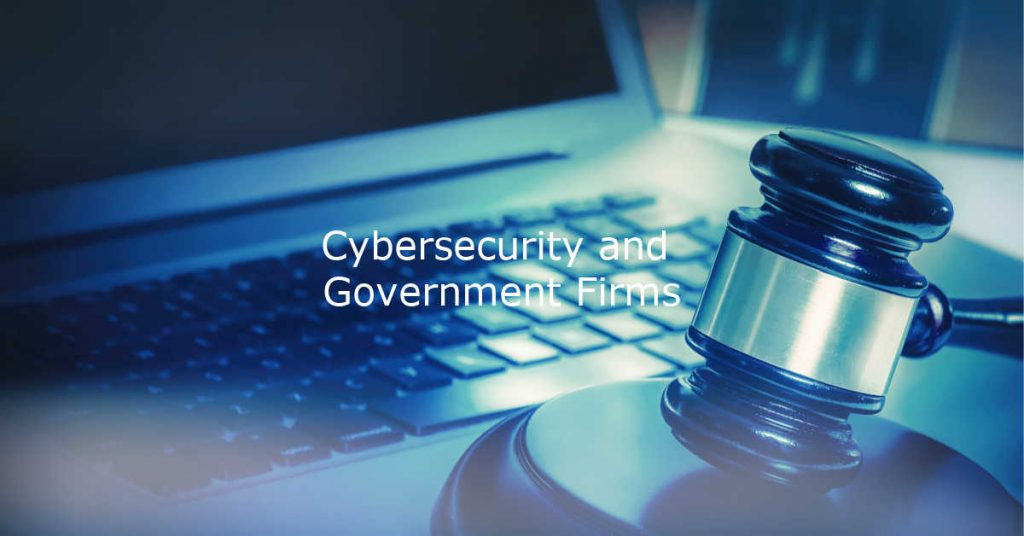


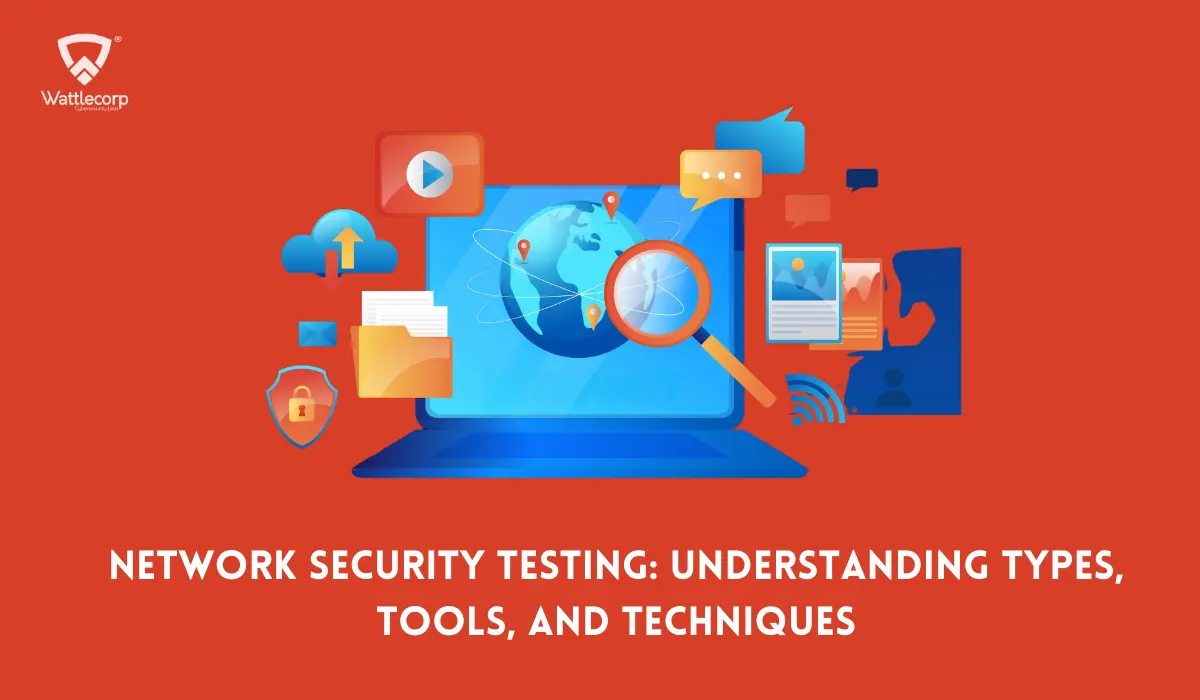

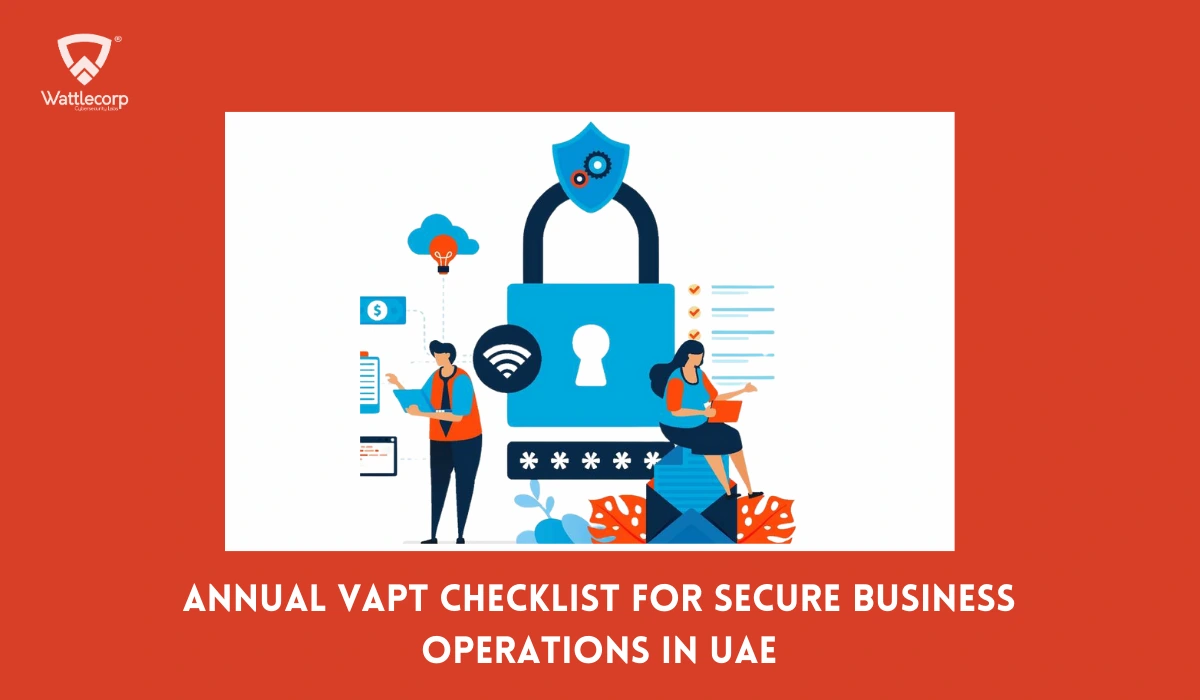
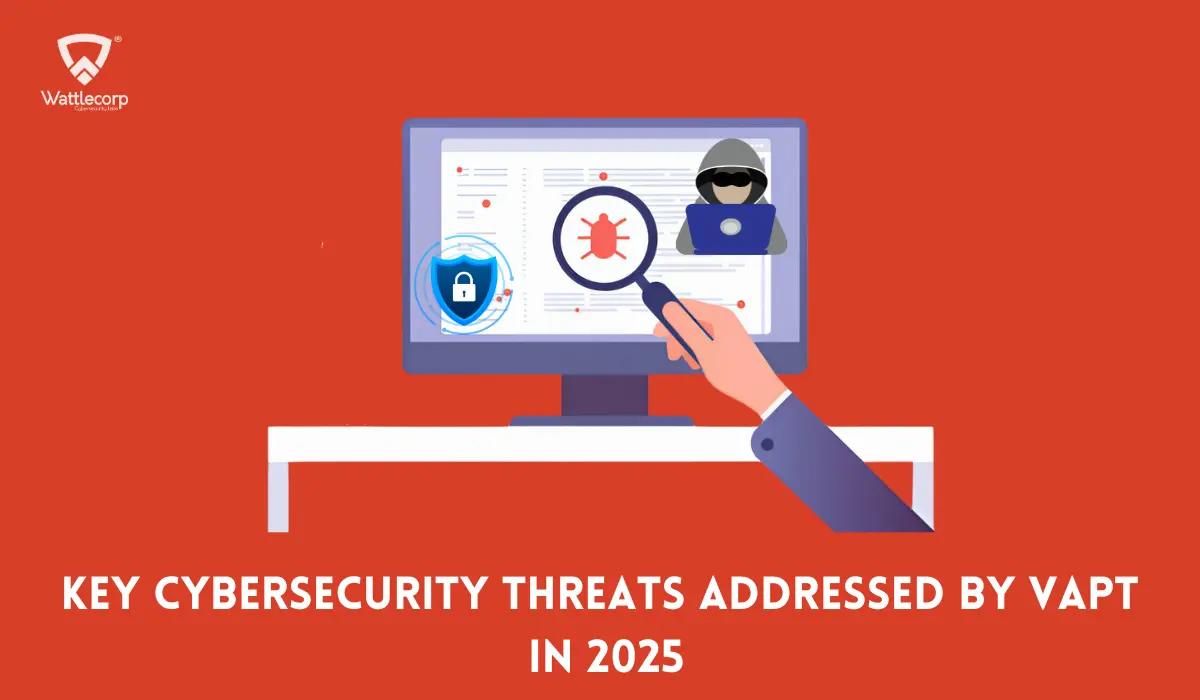

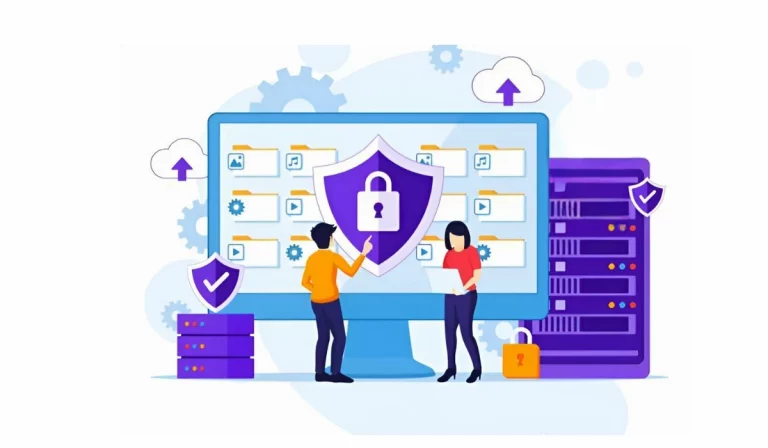
1 thought on “Cybersecurity And Government Firms: Securing Sensitive Information”
I have read several good stuff here. Certainly value bookmarking
for revisiting. I wonder how so much attempt you place to create one of these fantastic
informative web site.